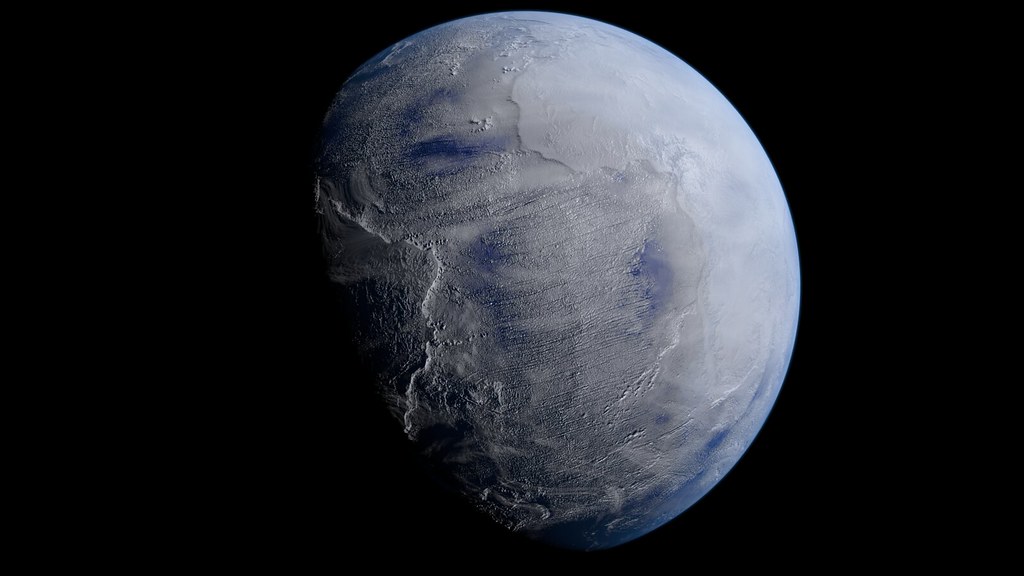Severe mass-extinction occurred on Earth 260 million years ago: Study

- Country:
- United States
The Earth experienced a previously underestimated severe mass-extinction event, which occurred about 260 million years ago, raising the total of such major events in the history of our planet to six, according to a study. "It is crucial that we know the number of severe mass extinctions and their timing in order to investigate their causes," said Michael Rampino, a professor at New York University in the US.
"Notably, all six major mass extinctions are correlated with devastating environmental upheavals -- specifically, massive flood-basalt eruptions, each covering more than a million square kilometers with thick lava flows," Rampino said. Scientists had previously determined that there were five major mass-extinction events, wiping out large numbers of species and defining the ends of geological periods: the end of the Ordovician (443 million years ago), the Late Devonian (372 million years ago), the Permian (252 million years ago), the Triassic (201 million years ago), and the Cretaceous (66 million years ago).
Many researchers have raised concerns about the contemporary, ongoing loss of species diversity -- a development that might be labelled a "seventh extinction" because such a modern mass extinction, scientists have predicted, could end up being as severe as these past events. The study, published in the journal Historical Biology, focused on the Guadalupian, or Middle Permian period, which lasted from 272 to about 260 million years ago.
The researchers observe, the end-Guadalupian extinction event -- which affected life on land and in the seas -- occurred at the same time as the Emeishan flood-basalt eruption that produced the Emeishan Traps, an extensive rock formation, found today in southern China. The eruption's impact was akin to those causing other known severe mass extinctions, Rampino said.
"Massive eruptions such as this one release large amounts of greenhouse gases, specifically carbon dioxide and methane, that cause severe global warming, with warm, oxygen-poor oceans that are not conducive to marine life," he noted. "In terms of both losses in the number of species and overall ecological damage, the end-Guadalupian event now ranks as major mass extinction, similar to the other five," the researchers said.
(This story has not been edited by Devdiscourse staff and is auto-generated from a syndicated feed.)
- READ MORE ON:
- researchers
- planet
- Earth
- Scientists
- oceans
- New York University
- China
- seas
ALSO READ
Seismic Shock: Earthquake Hits Southwestern Siberia
The Mysterious Beryllium-10 Anomaly: Unraveling Cosmic Clues from Earth's Depths
Tremor in Texas: Earthquake Shakes the West
Trust, consensus, and debate: How scientists choose their crisis communication channels
Faith Meets Action: The Urgent Call for Green Earth at Maha Kumbh










